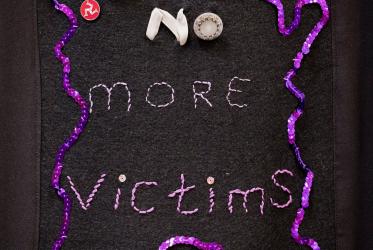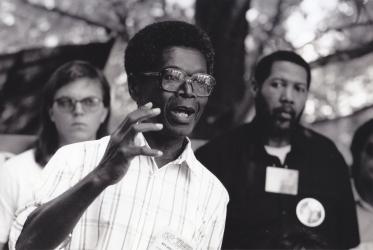Displaying 1 - 20 of 789
Una mesa con espacio para todos
11 April 2024
A global outlook from different angles
10 April 2024
Ahead of Her Time Book Discussion Invitation (Hybrid)
19 April 2024
Compêndio De Práticas Promissoras de intervenções de comunidades religiosas africanas contra o HIV em crianças e adolescentes
Sumário Executivo
23 March 2024
Compendium of Promising Practices of African Faith Community Interventions against Paediatric and Adolescent HIV
Executive Summary
23 March 2024
On International Women’s Day, “we want us alive”
13 March 2024
On International Women’s Day, find ways to end femicide
29 February 2024
As femicide cases rises, Kenyan religious leaders move to act
06 February 2024











